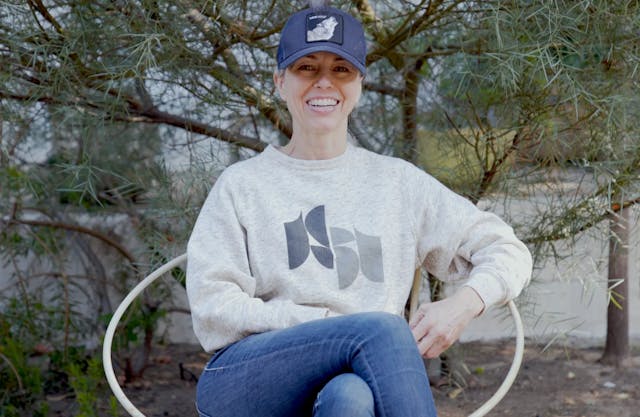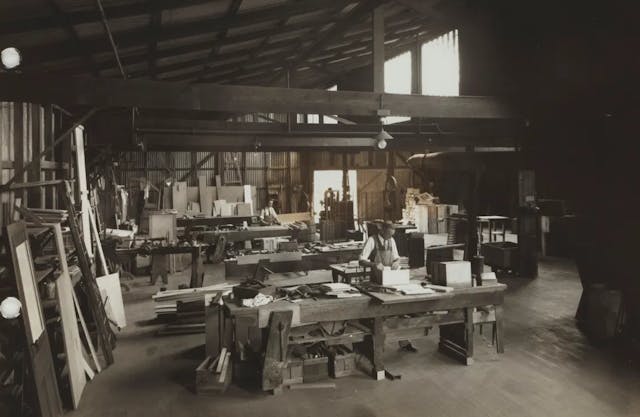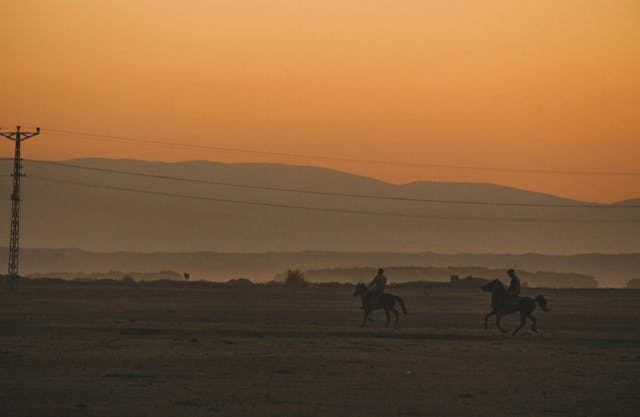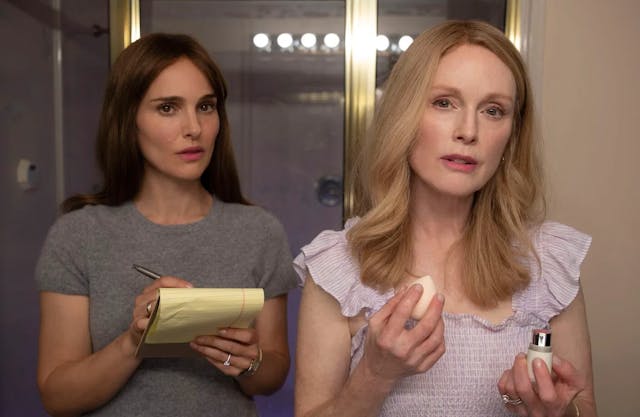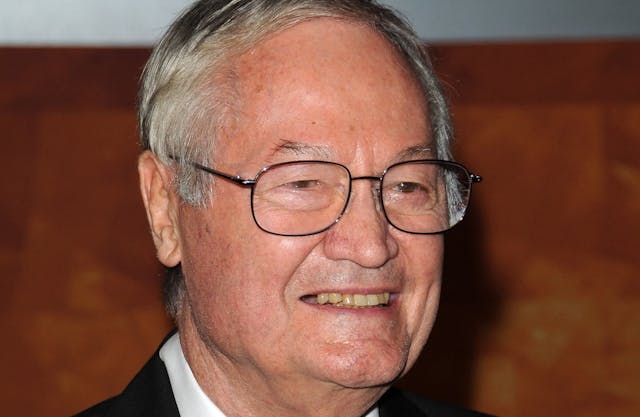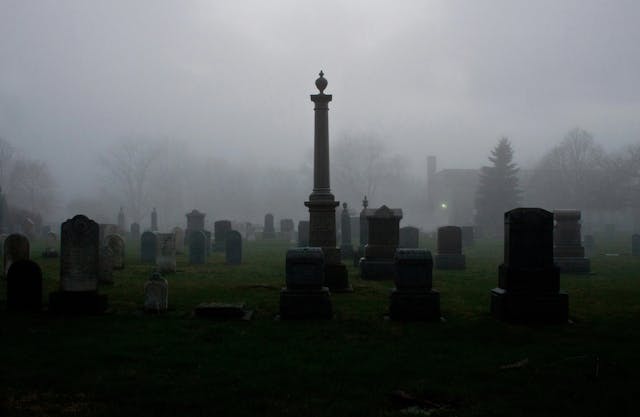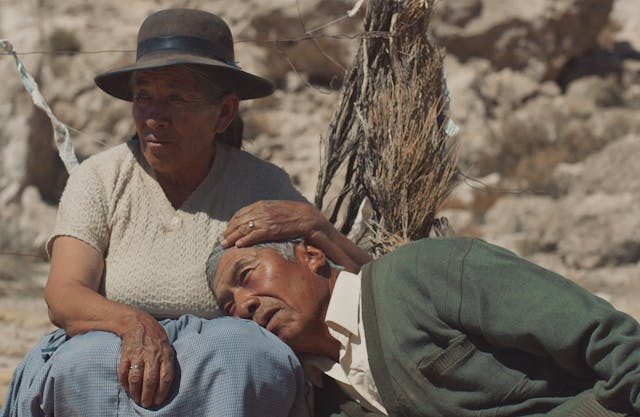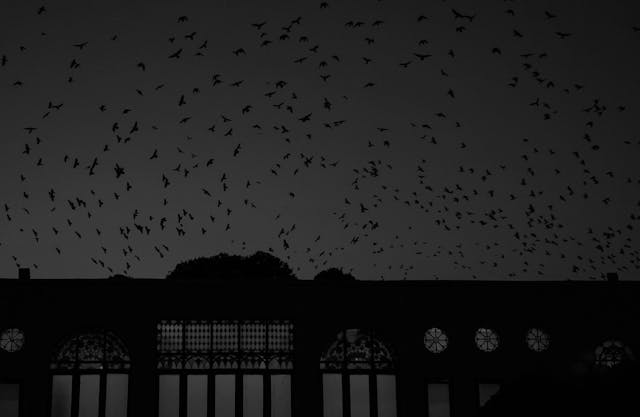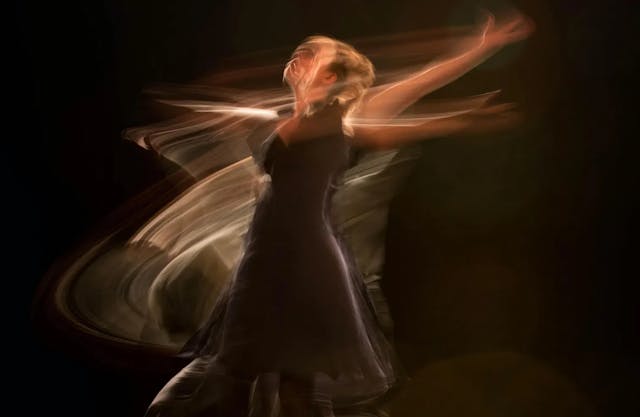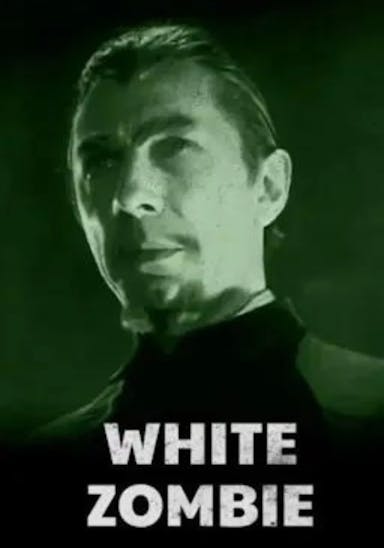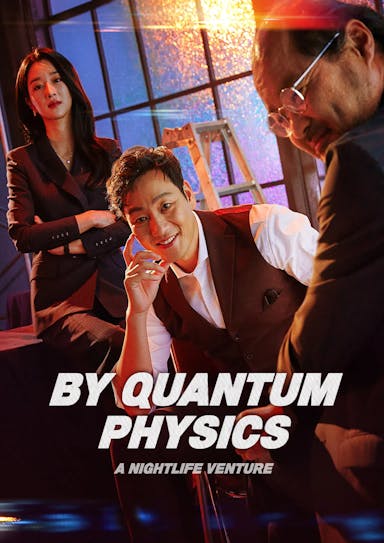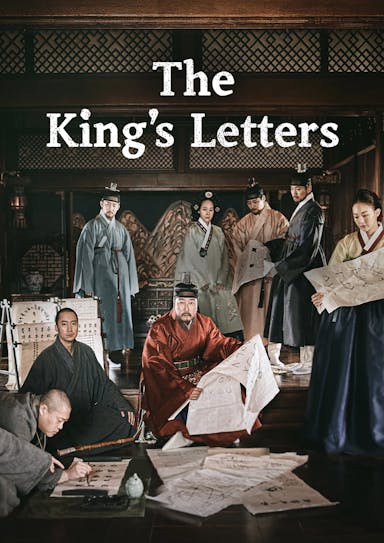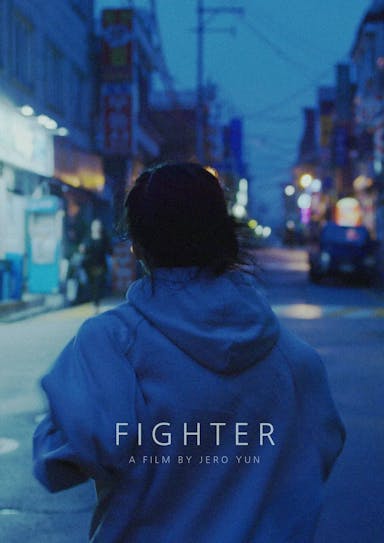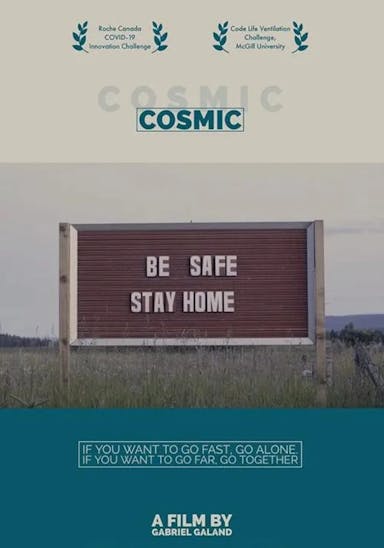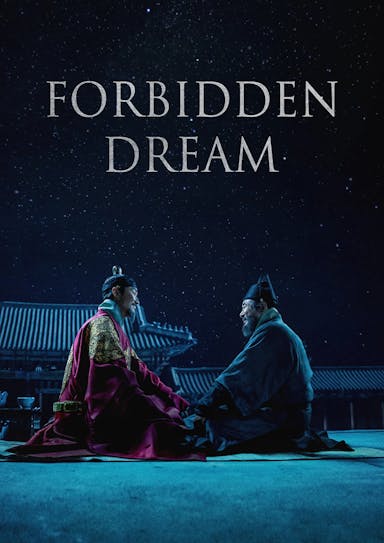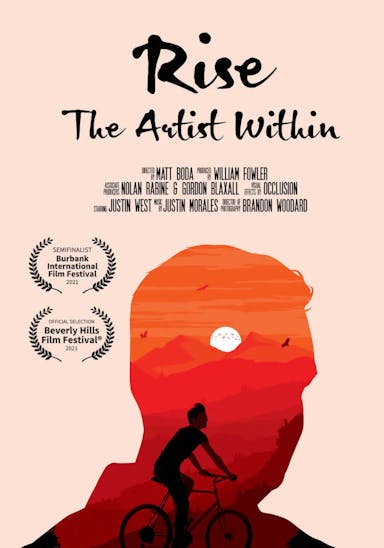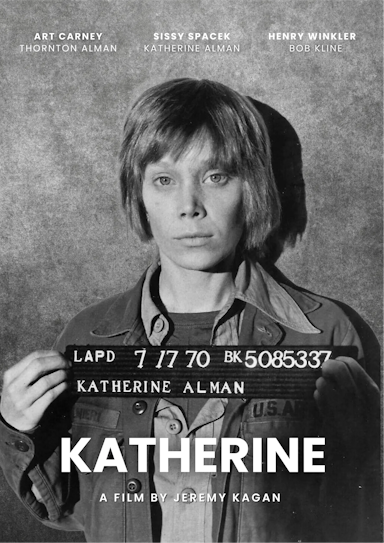"Beloved": Love and Loss in a Mongolian-American Low Budget Film

Not to be confused with Jonathan Demme's 1998 adaptation of Toni Morrison's novel Beloved, Bishnel Mashbat's film is a decidedly contemporary story focused on the disintegration of an interracial marriage between a Mongolian immigrant and a white American girl.
By the time we meet Anar (Iveel Mashbat) and Kassy (Jana Miley), they have been married for some time and have visibly fallen into the doldrums of routine. Everything you need to know about the relationship percolates in the first scene as we contemplate them rising from sleep. They are physically together but emotionally apart. A long take catches them sleeping back to back. As they wake up in turns, they barely acknowledge each other. He hits the shower, and she urinates. By now, showing these actions to an audience has lost any scandal potential - this is not Loles Leon casually peeing on Tie Me Up! Tie Me Down! (Pedro Almodovar, 1989). The nudity and the frankness are now shorthand for the banality of routine.
Beloved takes place at the lower end of Hollywood as a factory town. Kassy is an actress trying to break into the business. Annar is a bartender, underwriting her efforts with a modest salary and tips. A tense conversation between them gives us the backstory. They met in his native Mongolia. Was she a backpacker or a Christian missionary? Either way, they fell in love. He followed her to the United States and eventually married. When we meet them, they lack any romantic illusion. She thinks he lacks ambition. He resents her relative indifference to his culture. Can they make it work?
A Mongolian Goes to Hollywood
Much of the novelty of Beloved comes from featuring a Mongolian character as the focus. As the representation of Asian American and Pacific Islanders improves in the film - or at least, there is more awareness of the debt Hollywood has with the group - more blindspots get on our radar. The people making this movie know what they are talking about. The director and the protagonist are brothers, two Mongolian-American talents working together in the trenches of low budget movies.
At one point, the embattled lovers discuss Anar's mother's difficulties caring for her mother back home. My interest increased. Maybe we would follow the couple back to Mongolia, where the power dynamic and the cultural capital would reverse. Alas, it was not in the cards or the budget. We remain in a sterile version of America. Even though Anar is a stranger in a strange land, he has a support system. A cousin and his wife live nearby, and he seeks shelter and companionship with them, but you can see there is no engagement between Kassey and them. She is surrounded and supported by her culture and sees no need to move away from her comfort zone. Or perhaps her husband keeps her off to preserve that social sphere as a safe space.
We get an idea of the struggle for integration during a fierce discussion when Anar reminds Kassey about the rejection of her White-conservative Christian parents. Such is the lot of low budget films, too indie even for the Art House. Sometimes, the characters hint at plot strands or dramatic events that would be too expensive or logistically impossible to pull through. So, you do the next best thing: have characters talk about it. I do not know if the director wanted to flesh out these scenes, but they hold the promise of emotional pyrotechnics missing from the movie we have.
Kassey goes to an audition where she strikes the fancy of director Ryan (Roy Oraschin), who quickly hits on her and invites her for drinks. The casting couch is a dire place, but her apparent willingness complicates the power dynamics. And do not shed a tear for Anar. He had an affair with Olivia (Charletta Rozzell), an NGO worker who pops in in his bar to let him know she is pregnant with his child.
Emotional & Technical Restraint
Plenty of drama pumps through the veins of Beloved, but the director consciously tones down the emotions. The restraint has a visual equivalence in the observant mise-en-scene, with long, still shots. Attention-grabbing directorial flourishes are few and far between. Check out how the arc of Kassey and Ryan's relationship plays out in a succession of scenes staged in his dining room, edited to look like a single shot, with the camera moving horizontally. It might remind you of the seasons-long montage deployed by Roger Mitchell in Notting Hill (1999). Or, if you want to go further back, Orson Welles' marriage shrivels through many breakfasts in Citizen Kane (1941).
There is no harm in stealing from the best. The problem with Beloved is that it never quite engages with the elements that would make it feel novel. The power imbalance between Kassey and Ryan goes beyond their place in the Hollywood food chain. We are well acquainted with their cramped apartment when Mashbat deploys a wide shot of her in front of her lover’s massive house. She yields some power over Anar, accusing him of not being ambitious enough and coasting with his bartending job. The pressure to make it in America is common to the immigrant experience across the board, as are the accusations of laziness. We are either strivers or freeloaders, nothing in between.
Perhaps because of the trust implicit in the familial bond between the director and the lead actor, we get an emphasis on the physicality of Anar. The initial shower exposure is innocent, compared to a love-making scene with a nameless hook-up, with the camera looking down from the ceiling to a naked Anar thrusting on his sexual partner in a missionary position. By then, long shots are well-established as a defining stylistic tool in the movie. We can rule out exhibitionism as the reason behind the display of nudity. It is generous in screen time and male body exposure. Old cultural stereotypes deployed by the film industry deprived Asian male Asian characters of sexual agency while converting females into predatory presences. If anything, Beloved reacts against this, luxuriating in Anar’s body.
You might spend the whole movie wondering what brought these two characters together in the first place. Mashbat offers a sobering answer in a flashback that shows the couple at the beginning of the marriage. It is clear they recently arrived in the US. Mongolia is a landlocked country in East Asia, so she takes Anar to see the sea in person for the first time. It is a lovely moment where the video aesthetics of Beloved transcend budget limitations and get in sync with the text. As Anar and Kassey try to relieve a day of marital bliss - and fail at it - we are left dangling, aching for a sign of what will become of them. The lack of definition is the point.
I hope Mashbat keeps honing his filmmaking skills and gets more chances - and resources - to explore the Mongolian-American experience with specificity. Aping for universality, Beloved remains on the surface of things.
Want to get an email when we publish new content?
Subscribe today


